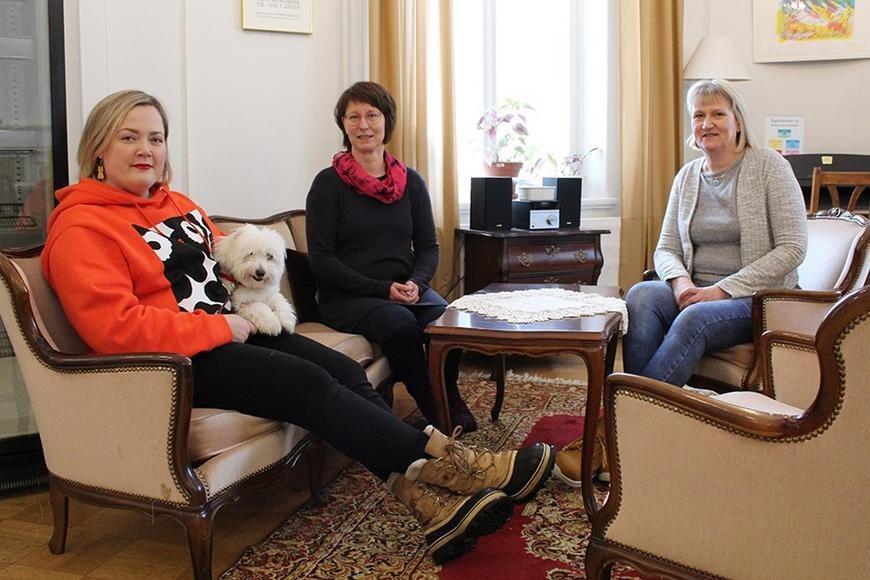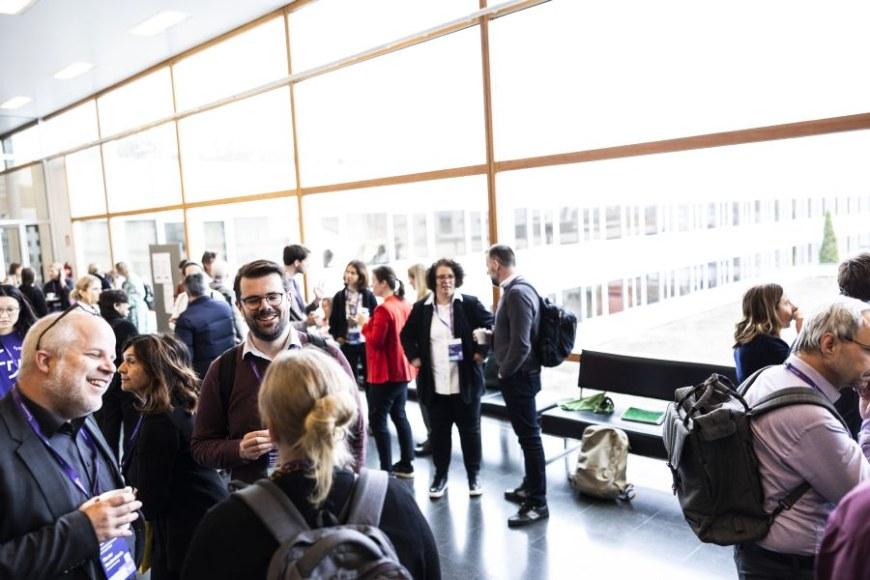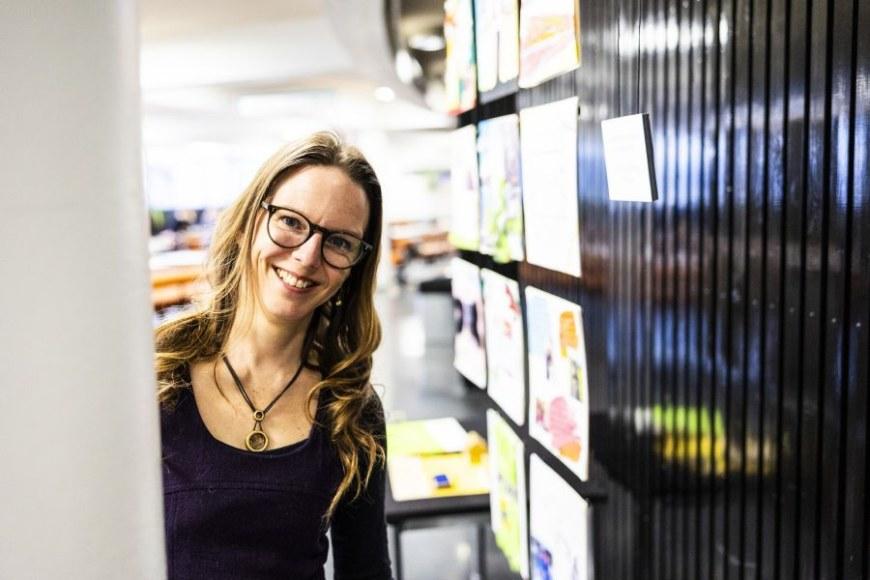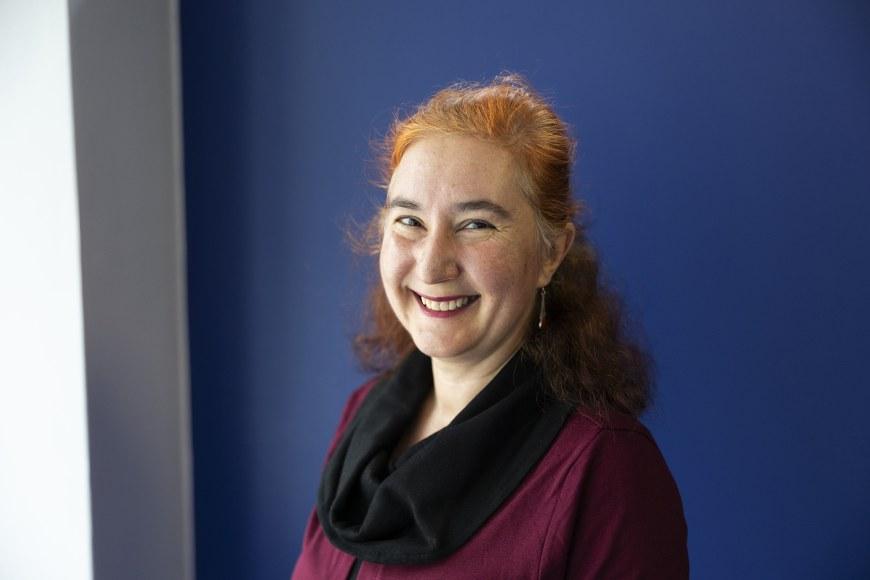Professional competence accrues in genuine working environments of Hiedanranta Learning Village

“Our objective is to develop communal and professional competence in genuine working environments,” says Project Manager Leena Kallio from Tampere Vocational College Tredu.
The idea originated from the enterprise village concept. It means that comprehensive school pupils learn working life and financial skills in a miniature society and town. Yrityskylä provides them with the learning environment. The learning village idea is equivalent: learning takes place in companies.
In the Learning Village project, Tampere University of Applied Sciences and Tredu are planning how the model can be refined for upper secondary education.
Tredu coordinates the project and Tampere University of Applied Sciences is in charge of the pedagogical aspects of the project.
“It is TAMK’s responsibility to document the pedagogical model of the learning village as well as to support pedagogical development and offer pedagogical consulting,” tells Senior Lecturer and Project Manager Hanne Mäki-Hakola from Tampere University of Applied Sciences.
Learning in genuine work tasks
According to Tredu’s Development Manager Anne Erkinheimo-Kyllönen, plans for the Hiedanranta neighbourhood support wide-ranging development of Tredu’s learning environments.
“Tredu also had prior operation in Hiedanranta. We want to invest in a dynamic and interesting learning environment which offers many possibilities. The learning village suits this city district which is built on a modern and forward-looking model based on community spirit, circular economy and energy efficiency.”
The learning model pilot which was earlier implemented in Hiedanranta is currently evaluated there.
“We are evaluating what is done at the moment, what needs are responded, how students are supervised and what teaching is founded on. Based on the evaluation, we will build a pilot and develop it to a suitable model with TAMK’s specialists and Tredu’s teachers,” tells Mäki-Hakola.
According to Erkinheimo-Kyllönen, individualisation of studies is emphasised in the learning village model.
“In Hiedanranta, it is possible to build individual learning paths from rehabilitative work to employment. Competence can be accumulated in different environments and especially in genuine work tasks in companies,” she describes.
In addition to tailoring students’ learning, we also consider employers’ requirements, which increases students’ employment possibilities. Kallio specifies that students’ abilities and interests are considered and employers also know them.
“The starting points are to create a study path for the long-term unemployed and an enterprise village learning model for upper secondary education,” tells Erkinheimo-Kyllönen from Tredu.
Students also participate in planning and piloting of the model. Tredu’s learning village pilot took place in the field of facility maintenance and now the project aims at expanding the pilot to other fields.
“Next we will pilot it taking immigrant participants’ needs into consideration. The purpose is to expand the model to different fields of education,” tell Mäki-Hakola and Kallio.
According to Erkinheimo-Kyllönen, Kallio and Mäki-Hakola, the purpose is to expand the learning village model first to the Tampere Region and later nationally.
The ESF-funded Learning Village project takes place on 1 September 2020 – 31 December 2022. Tampere Vocational College Tredu coordinates the project and TAMK develops the pedagogical viewpoint of the project. At the moment, Hiedanranta offers work tasks and learning possibilities for Tredu students in the fields of excavation, landscape services, masonry and property maintenance.
Further information:
Hanne Mäki-Hakola, Senior Lecturer, Project Manager, School of Pedagogical Innovations, Tampere University of Applied Sciences, tel. 040 669 3077
Anne Erkinheimo-Kyllönen, Development Manager, Tampere Vocational College Tredu, tel. 044 431 4461
Leena Kallio, Project Manager, Tampere Vocational College Tredu, tel. 041 730 6922
Text: Arja Lundan
Photo: Emmi Suominen





